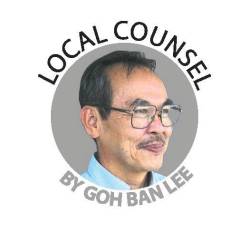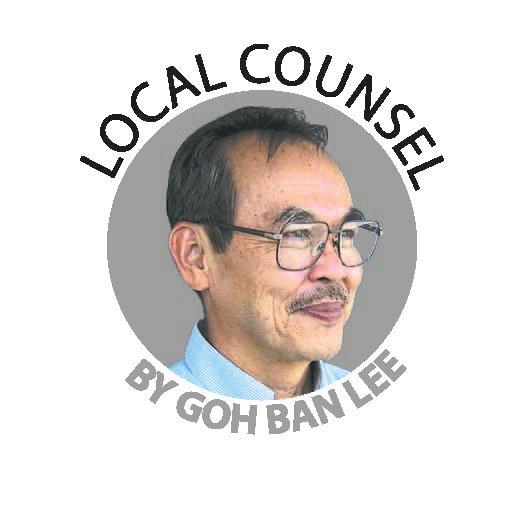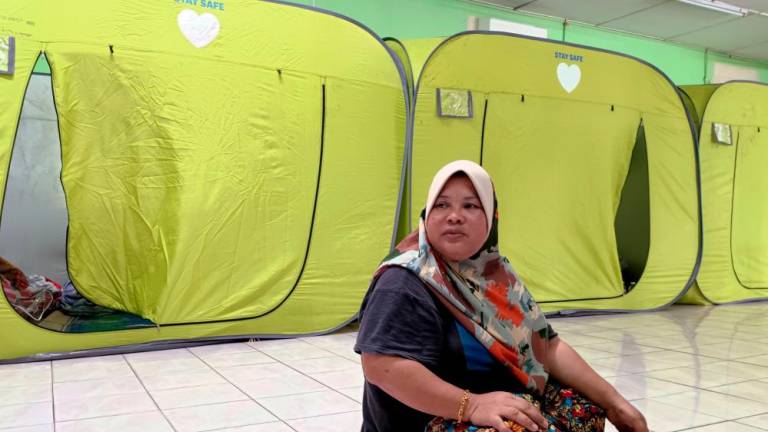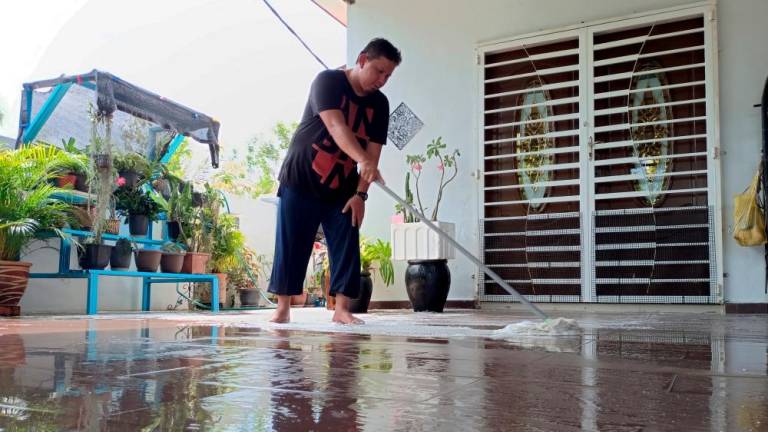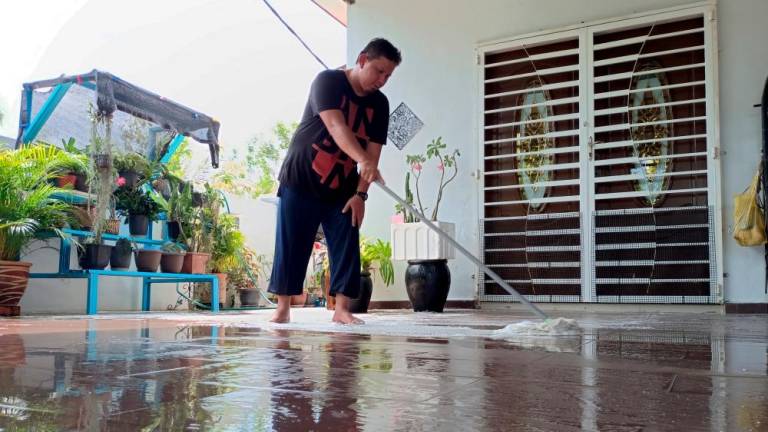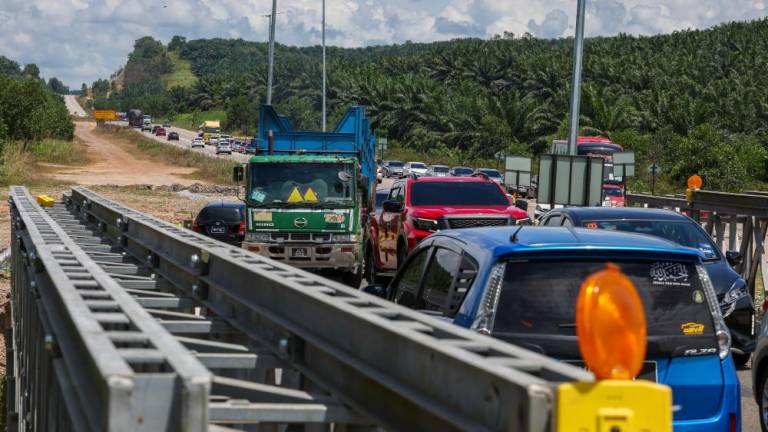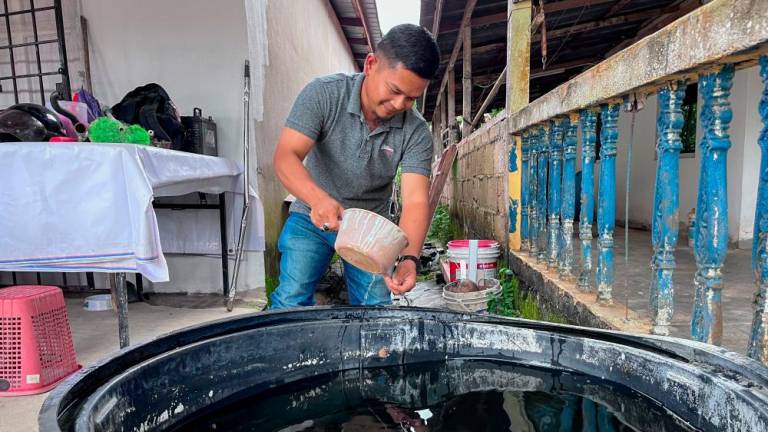LAST year was pivotal. Nationally, Malaysians voted to change a regime that had lasted more than 60 years. But although the general election showed the power of democracy, it is unfortunate that the people’s choice only extends to the federal and state levels. The representatives of the local councils, be they cities or towns, are appointed by state governments.
In the wake of the historic elections last year, we continue to hear spirited calls for local elections. These calls come from prominent politicians, business leaders, academics, and civil society organisations. They say local elections would improve the transparency and responsiveness of local governments.
But there is still reluctance about and opposition to local elections from government officials, including the prime minister.
Few Malaysians would remember the days of local government elections. The last was held in 1963. But they were a part of the developing Malayan political system.
The first election of officials in local government was in 1857. Ratepayers in Penang elected three of five municipal commissioners of George Town. But the experiment in local democracy did not last very long.
In 1913, the colonial government of the Straits Settlements reverted to appointing all municipal councillors. Local government elections were reintroduced when the Local Authorities Election Ordinance 1950 was passed.
In 1951, nine out of the 15 municipal commissioners in George Town were elected, the most notable being the late ex-chief minister, Tun Dr Lim Chong Eu.
In 1952, 12 out of 18 councillors in the Kuala Lumpur Municipal Council were elected. After independence, similar elections were held for the state capital.
In fact, local elections played a large role in influencing the national development of the country. Most scholars believe that the success of the Umno-MCA collaboration in the KL municipal elections led to the formation of the Alliance, along with MIC. The Alliance (eventually becoming Barisan Nasional) won 51 of 52 parliamentary seats in the first national election in 1955.
In 1956, George Town Municipal Council became the first local council to be fully elected, and Goh Guan Hoe of the Alliance, popularly known as G. H. Goh, became the first person to hold the post of elected head of a local council.
By December 1957, the Alliance had lost its majority, and D. S. Ramanathan of the Labour Party became the first officially designated mayor of George Town.
Opposition parties had won control of other local councils in the early 1960s, including those in Ipoh, Malacca and Seremban. One could say that such a situation showed the progress made towards local democracy.
But that progress was shortlived. Scheduled elections in Kuala Lumpur were suspended in 1959, with the excuse that the electoral rolls were not ready, and were abolished the following year.
Elections for local authorities were also suspended in 1965 and 1966. This was officially because of “konfrontasi”, the conflict with Indonesia. But many believe that the real reason was that the Alliance was fearful of losing more local seats.
Despite the recommendation of the Royal Commission of Enquiry to Investigate into the Workings of Local Authorities in West Malaysia, the Local Government Act of 1976 only provided for appointed presidents and councillors.
It has been more than 50 years without elected local councillors in Malaysia. This is unfortunate. The opportunty to decide political leadership is the essence of local government for better accountability, transparency, efficiency and good governance.
Or course, there is no guarantee that elected local councils would be more effective at governing cities and towns. But those officials will at least be accountable to those who elected them.
The tactic by some politicians to bring up race when confronted with calls for local elections is manipulative and shortsighted. Contrary to such fearmongering, having locally elected leaders in a diverse, multiracial democracy might actually strengthen racial harmony, not threaten it.
People in our towns and cities, who are already accustomed to living in diverse places, might realise that their daily lives are affected as much or more by local policies, such as public services, infrastructure provision and cleanliness and order in their neighbourhoods, than national policies.
Recent calls to extend local elections to villages and indigenous communities would also be a step forward in fair representation. Ultimately, shouldn’t local residents, who are stakeholders in their communities, have the most to say about the running of their localities?
Those leaders expressing opposition to local elections need to prioritise the future of the country and the values of good governance and transparency that Malaysian voters clearly supported last year.
Datuk Dr Goh Ban Lee is interested in urban governance, housing and urban planning. Comments: letters@thesundaily.com



